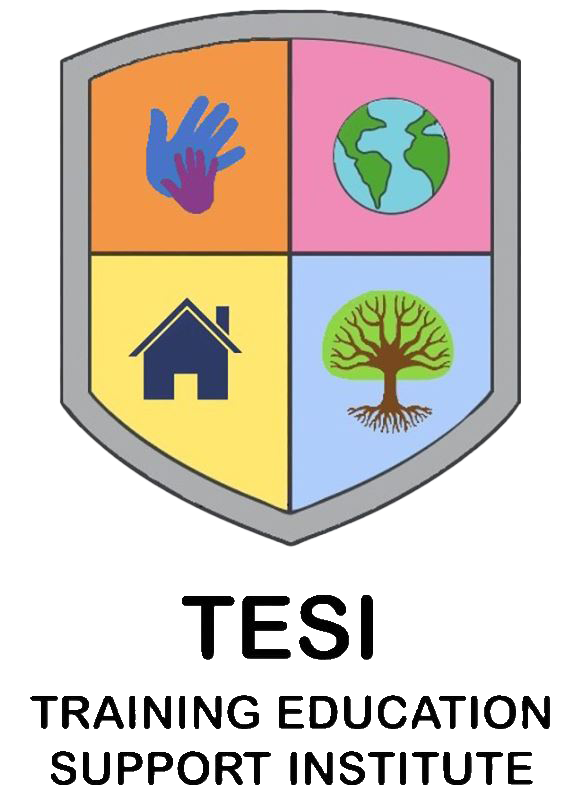Trauma Informed Care Module 1, Part 1
Understanding the Impact of Trauma & Identifying Strategies to Promote Healing
Adverse Childhood Experiences (ACEs) have a tremendous impact on lifelong health and opportunity. The curriculum covered will help you understand the various types of trauma and understand the foster care system. We will also discuss how trauma impacts a child’s brain and behavior, and how resiliency can mitigate the impact of trauma.
Learning Objectives:
- Learn the definitions of trauma from conception to age 5
- Examine key trauma statistics and research
- Learn what Adverse Childhood Experiences (ACES) are and how they impact children both short and long term
- Understand the impact of trauma on the brain and children’s behavior
- Learn how neuroplasticity and resiliency can mitigate the impact of trauma.
Trauma Informed Care Module 1, Part 2
Understanding the Impact of Trauma & Identifying Strategies to Promote Healing
 Trauma occurs when a child witnesses or experiences an event with real or perceived threats to their or someone else’s life, safety or well-being. Overwhelmed and unable to effectively cope with the trauma, the child may feel helpless, become fearful, become agitated, or confused. This state approved curriculum will help you identify key strategies that can be use to support children, build their confidence, and minimize the adverse effects of trauma.
Trauma occurs when a child witnesses or experiences an event with real or perceived threats to their or someone else’s life, safety or well-being. Overwhelmed and unable to effectively cope with the trauma, the child may feel helpless, become fearful, become agitated, or confused. This state approved curriculum will help you identify key strategies that can be use to support children, build their confidence, and minimize the adverse effects of trauma.
Learning Objectives:
- Identify and practice key trauma-informed strategies to support children and minimize the adverse effects of trauma
- Enhance child well-being and resilience
- Provide nurturing and responsive relationships
- Understand triggers
- Provide trauma-sensitive environments
- Promote sensory and emotional literacy
Trauma Informed Care Module 2
TIC Understanding the Impact of Trauma & Enhancing Caregiver Resiliency

In the series of Trauma Informed Practice Training, Self-Care is an important practice and trauma sensitive tool that will help us provide nurturing and caring services to children with the underlying theme that we “do no harm”. This curriculum will help you learn the impact of stress, burnout and compassion fatigue. We will explore self-care strategies and ways to improve your Physical Health, Emotional Health, & Relational Health.
Learning Objectives:
- Self-Assessment: Participants will assess their satisfaction with various areas of their life including well-being, relationships, and their work/home environments
- Define and understand the differences between Burnout & Compassion Fatigue
- Learn and understand typical Adult Triggers
- Learn and understand the concept of “Window of tolerance”
- Learn the 3 brain zones and understand their role in relation to “fight, flight & freeze” reactions, and how an integrated brain can help mitigate these types of reactions
- Learn the impact of Stress on: Physical Health, Emotional Health, & Relational Health
- Learn Self-Care strategies to improve:
- Physical well being
- Emotional well being
- Relational well being

